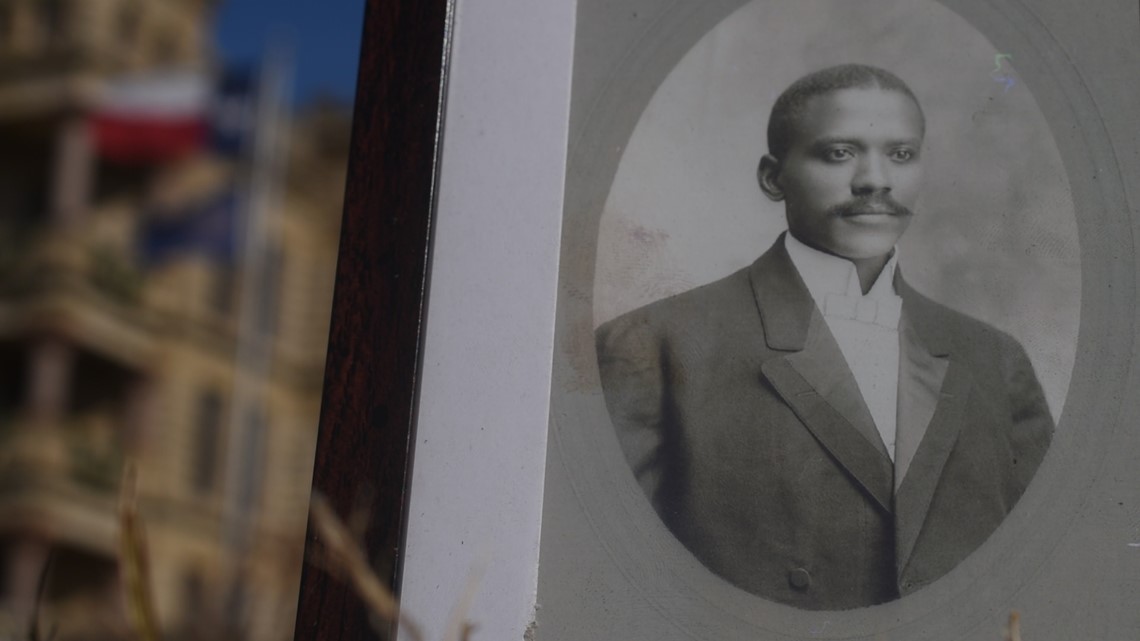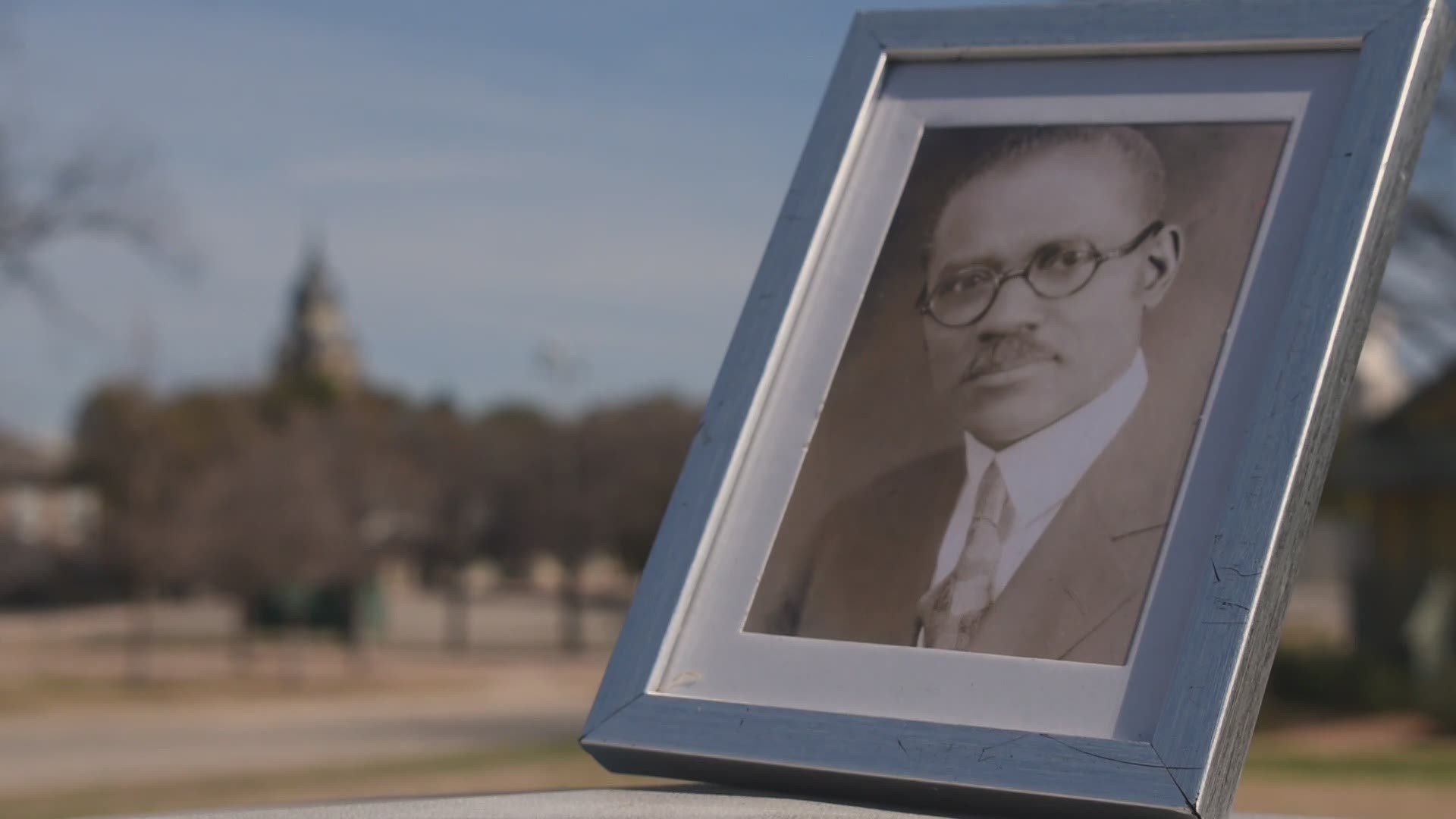DENTON COUNTY, Texas — With Black and Latino communities disproportionately affected by the COVID-19 pandemic, some are looking to history for answers.
“Just seeing the number of Black and brown communities being affected by COVID-19 to their white counterparts shows you that we’ve made strides but we still have a long way to go,” said Jermaine Turner, political action chair at UNT’s NAACP chapter.
The pandemic is almost three times deadlier for Black and Latino communities than it is for white communities, according to the CDC.
It’s not the first time, a global pandemic has had a disproportionate impact on communities of color.
Dr. Edward Moten was the first Black doctor in Denton County, and the only Black doctor there during the Spanish flu pandemic in 1918.
“It’s important to know this history,” Turner said. “The fact that we even had a black doctor that had the legacy during the first pandemic is amazing.”
When times were at their worst, Dr. Moten was there for the Black community when no one else was, according to Micah Crittenden, a doctoral candidate at UNT specializing in the history of the era.


“Medical treatment is segregated and we’ve only got one Black doctor in all of Denton County,” Crittended said. “What amount of people are unable to receive quality medical care?”
Crittenden said Dr. Moten's story is important not just because of his work but because of what it can teach us.
“It does ask questions about racial disparity and access to healthcare,” Crittenden said.
Advocates like Alisa Simmons of the NAACP in neighboring Arlington say one of the biggest reasons is a history of medical mistrust stemming from a lack of access to doctors and nurses of color.
“It’s got to be people that look like us that we feel like we can trust and believe,” Simmons said.
Turner said that context is largely misunderstood and forgotten.
“I think that that history has been suppressed,” Turner said. “It has been taken away from us. Even our history books and the context and how we study are written by a majority white people and that’s just a system of white supremacy.”
That’s why Turner says Black history is more important now than ever.
“I think it’s very important for us to know our own history and the people who have come before us so that we know how to carry our legacy on for the future,” Turner said.

